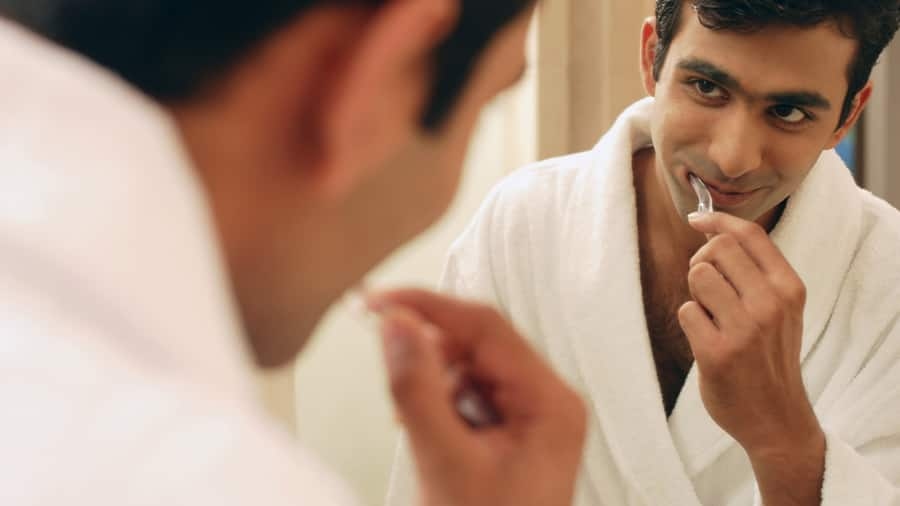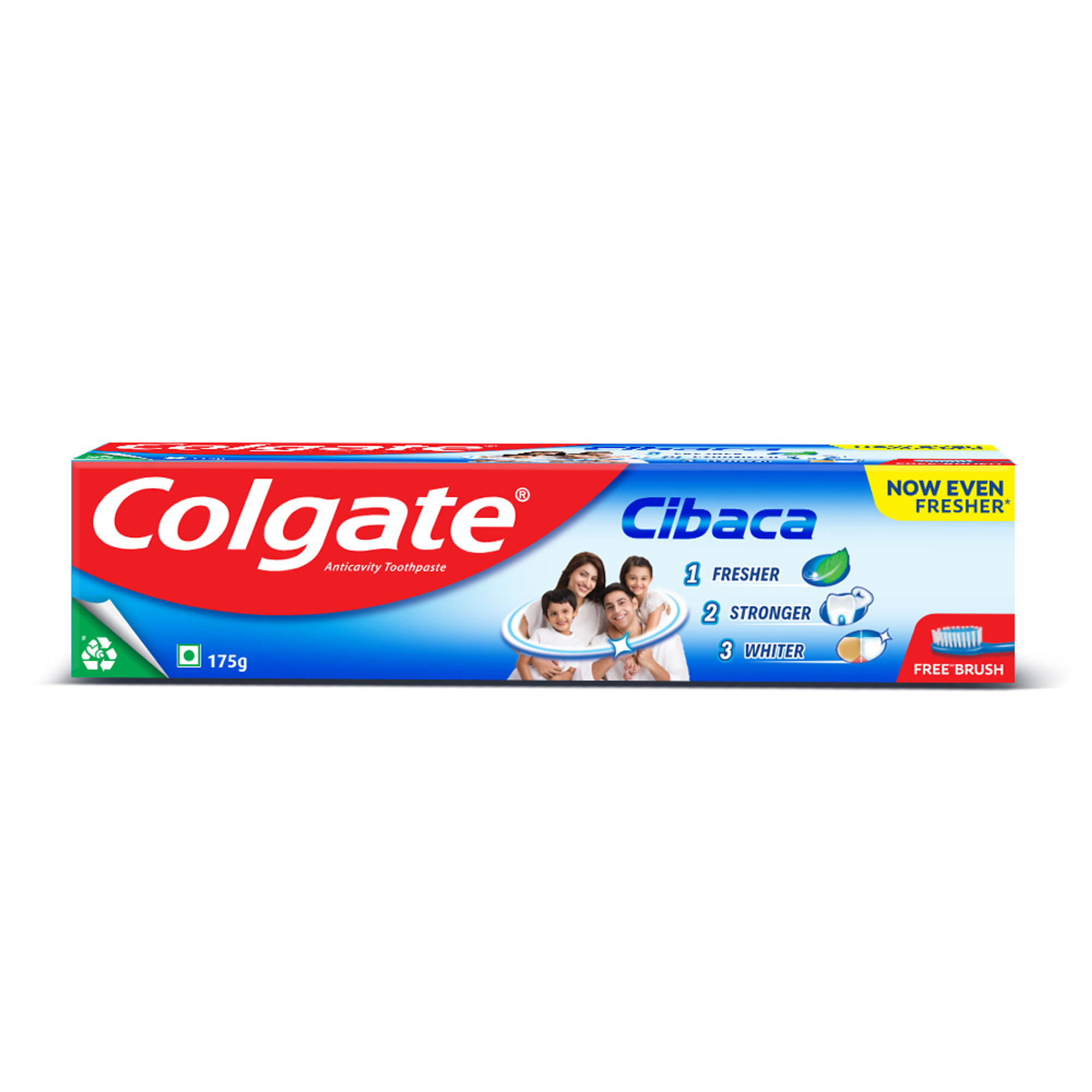-
-

TEETH WHITENING
What Is Stannous Fluoride Toothpaste?Stannous fluoride toothpaste helps prevent cavities, reduce sensitivity, fight plaque, and support daily gum and enamel health.

Selecting Dental Products
Best Toothpaste in India: Five Dentist-Recommended TypesToothpastes today are formulated to meet your every dental need and come in many flavours. Have your dental professional suggest the best toothpaste in India.
-
Science & Innovation
- ORAL HEALTH CHECK
- PRODUCT MATCH
- Colgate® | Toothpaste, Toothbrushes & Oral Care Resources
- Oral Health
- Gum Disease
- Bleeding Gums and Other Warning Signs Of Gingivitis


Noticed bleeding gums while brushing? It might be a sign of gingivitis, the first stage of gum disease. If left untreated, these classic symptoms of bleeding, redness and swelling, may worsen, leading to the later stages of gum disease. But, there’s no need to be worried as these signs indicate that it may not be too late to get rid of gum disease.
Recognizing the Signs
Gingivitis is usually caused by plaque build-up. If not removed, plaque releases toxins that irritate the gums. This can result in bleeding while brushing, tenderness in gums and even gum inflammation. Other symptoms include regular instances of bad breath and teeth appearing elongated due to a receding gumline.
Adults with type-2 diabetes or those who take blood-thinning medication are at a higher risk of bleeding gums. Pregnant women may experience pregnancy gingivitis, making oral hygiene during pregnancy all the more important. According to the National Oral Health Survey, not brushing regularly can increase chances of gum disease.
How to Stop Bleeding Gums
While bleeding can be worrisome and be the first sign of an infection, you don’t need to be worried. The good news is, it can be easily treated during the early stages with a few lifestyle changes.
Start with brushing. According to the Indian Dental Association, good teeth-brushing can reverse the effects of gingivitis. Use a soft-bristled toothbrush and an effective toothpaste for your gums.
Schedule regular dental check-ups and cleanings to remove plaque or tartar from your teeth. Last but not the least, eat a well-balanced meal (including lots of fruits and fresh vegetables) and exercise regularly for stronger bones and healthier gum tissue.
Healthy gums lead to healthy teeth and a healthy you. Keep looking after them and ward off these symptoms of gingivitis.
This article is intended to promote understanding of and knowledge about general oral health topics. It is not intended to be a substitute for professional advice, diagnosis or treatment. Always seek the advice of your dentist or other qualified healthcare provider with any questions you may have regarding a medical condition or treatment.
ORAL HEALTH QUIZ
What's behind your smile?
Take our Oral Health assessment to get the most from your oral care routine
2.3 billion
people worldwide suffer from tooth decay
ORAL HEALTH QUIZ
What's behind your smile?
Take our Oral Health assessment to get the most from your oral care routine
2.3 billion
people worldwide suffer from tooth decay
Related Articles

Bad breath
What is Perio Breath? - Gum Disease & Bad BreathSome problems with your gums may contribute to bad odors in your mouth. Visit Colgate now and learn how gum disease and bad breath are connected.

Bad breath
Stress Less For Healthier Gums And Teeth
Nutrition and oral health
Gum That Is Good For Your Teeth: Too Good To Be True?Related Products

Helping dental professionals
More professionals across the world trust Colgate. Find resources, products, and information to give your patients a healthier future







